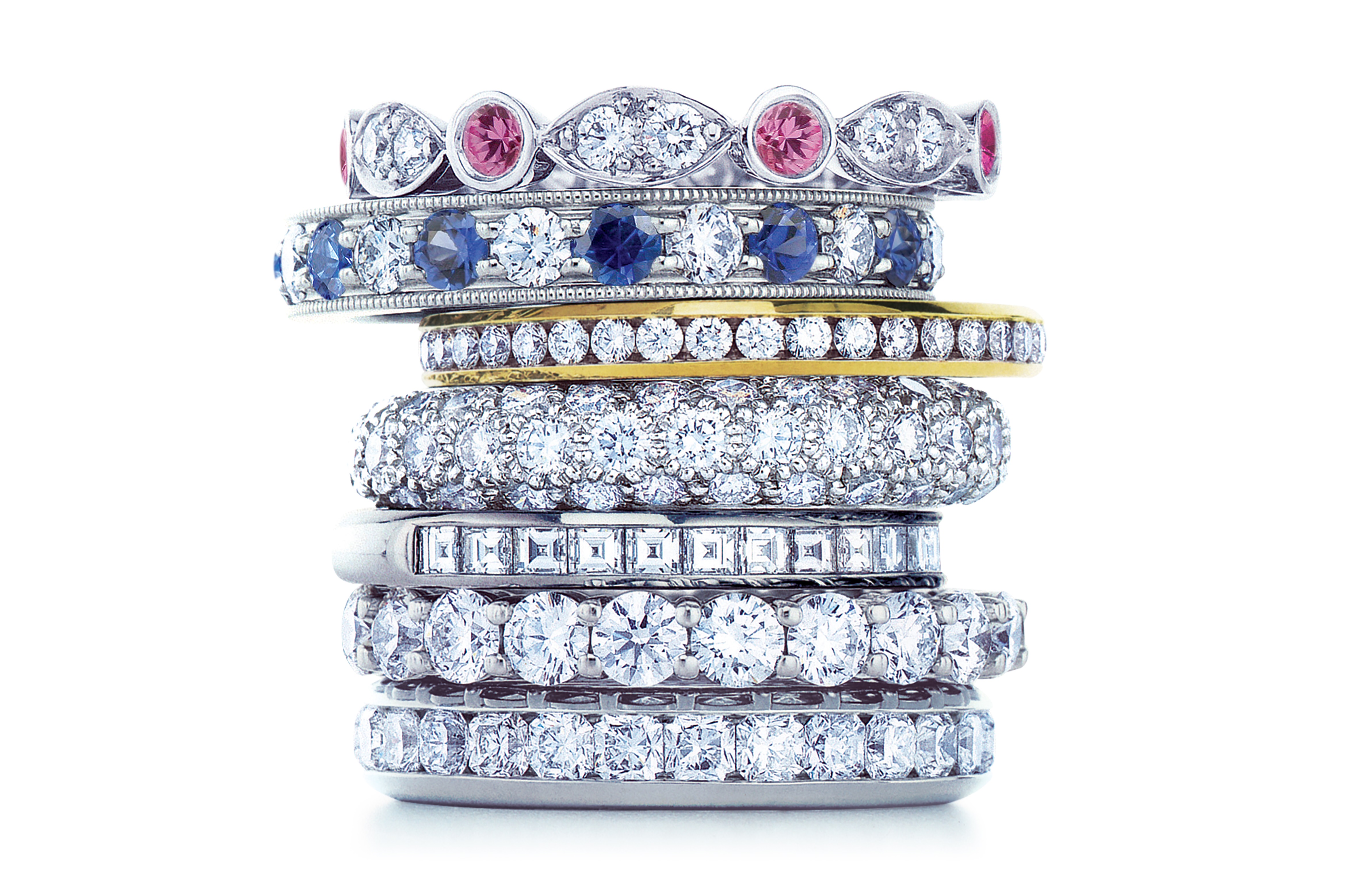
Lifetime Warranty

Hassle Free Returns

Free Resizing

Conflict Free Diamonds
Top Questions and Answers Conflict Free Diamonds
conflict diamonds, also referred to as conflict diamonds, are gems mined in struggle zones and sold to finance armed war against governments. The revenue generated from these diamonds frequently helps insurgencies, warlords, and human rights abuses. The term gained prominence at some point of the civil wars in nations like Sierra Leone and Angola, wherein diamond income fueled violent conflicts. international efforts, inclusive of the Kimberley procedure Certification Scheme, intention to lessen the exchange in war diamonds by means of making sure that diamonds crossing borders are licensed as war-unfastened.
The Kimberley manner Certification Scheme (KPCS) is an worldwide initiative hooked up in 2003 to save you the change in warfare diamonds. It requires member states to certify that shipments of hard diamonds are war-unfastened. individuals ought to meet minimal necessities, including transparency in alternate, implementing internal controls, and ensuring diamonds are battle-loose before exporting them. The Kimberley procedure has helped lessen the drift of conflict diamonds, despite the fact that challenges along with smuggling and false certifications persist.
Clients can ensure they are buying warfare-unfastened diamonds through purchasing from authentic jewelers who provide certification in their diamonds' origins. inquiring for Kimberley process certificate and insisting on documentation from 0.33-party agencies, such as the Accountable jewelry Council, can offer additional guarantee. moreover, customers can opt for lab-grown diamonds or stones from regions with strong moral mining practices to avoid helping struggle and unethical practices in the diamond exchange.
The Kimberley method has drastically impacted the diamond industry by means of reducing the float of warfare diamonds, promoting transparency, and elevating consciousness of ethical sourcing. considering its implementation in 2003, the alternate in warfare diamonds has reportedly fallen from 15% to less than 1% of the global market. however, criticisms persist concerning its effectiveness, as issues like smuggling, corruption, and the exclusion of human rights abuses from the certification standards remain demanding situations.
The Kimberley procedure faces criticisms for its restrained scope, enforcement challenges, and lack of complete human rights protections. Critics argue that the certification handiest addresses diamonds funding armed conflict, ignoring different abuses like baby labor, environmental harm, and worker exploitation. moreover, the technique may be circumvented via smuggling and corruption, leading to false certifications. these limitations have led to calls for more robust and inclusive reforms to make sure certainly moral diamond sourcing.
Alternatives to war diamonds consist of lab-grown diamonds, recycled diamonds, and diamonds from ethically licensed mines. Lab-grown diamonds are created in controlled environments and are loose from the moral worries associated with mining. Recycled diamonds are previously owned stones reintroduced to the market, reducing the call for for brand spanking new mining. Ethically certified mines adhere to strict environmental and exertions standards, making sure honest practices at some stage in the mining process.
Conflict -free diamond certifications confirm that a diamond has been sourced ethically and is free from connections to armed battle. Certification entails tracing the diamond's adventure from mine to marketplace, making sure adherence to standards just like the Kimberley method. professional jewelers frequently offer extra documentation from 0.33-celebration agencies, such as the accountable jewelry Council, which audits and certifies compliance with moral, social, and environmental requirements.
Consumers play a important role in selling battle-unfastened diamonds via stressful transparency and moral practices from jewelers. Through insisting on certifications, which include those from the Kimberley manner or other 0.33-party groups, and selecting options like lab-grown diamonds, customers can affect marketplace demand and inspire accountable sourcing. educated purchasing decisions help power enterprise adjustments in the direction of greater sustainable and moral practices, decreasing the superiority of conflict diamonds.
Lab-grown diamonds offer vast environmental benefits as compared to mined diamonds. Their production requires notably much less land disruption, water utilization, and strength consumption. Mining often results in deforestation, habitat destruction, and pollutants, even as lab-grown diamonds have a smaller ecological footprint. moreover, lab-grown diamonds remove the want for dangerous mining practices, lowering the environmental and social influences related to traditional diamond extraction.






















































